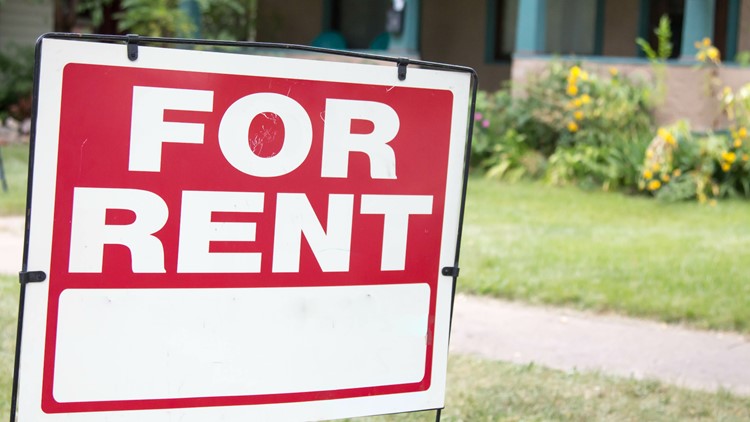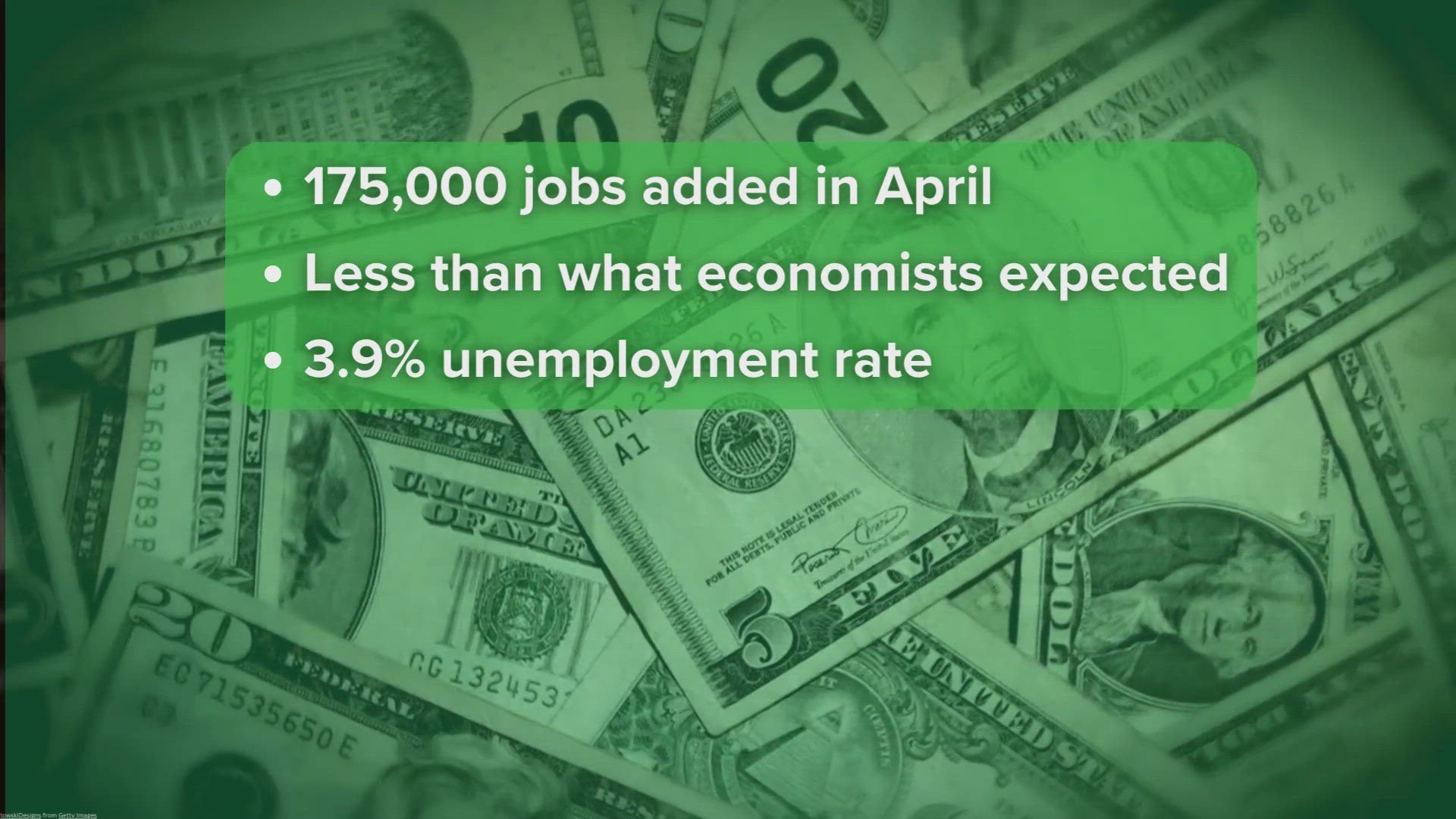DALLAS — Dallas-Fort Worth is one of many housing markets in the nation where high home prices and mortgage rates make it better financially to rent than to buy, according to a new study.
The four major metro areas in Texas all ranked strongly in favor of renting rather than buying, according to the latest study from researchers at Florida Atlantic University and Florida International University.
Dallas-Fort Worth ranked 11th most strongly in favor of renting out of the 100 largest U.S. housing markets. DFW had a premium of 17.6% – that’s the amount above the average price-to-rent ratio for the area, according to the Beracha, Hardin and Johnson Price-to-Rent Report.
DFW consumers, as a long-term average, have paid $14.74 to purchase a home for every $1 in annualized rent. But at the end of September they actually paid $17.33 to buy per dollar in annualized rent. The difference between those two numbers is the premium.
The monthly report measures the ratio of a market’s average home price to that market’s average annual rent, allowing for a relative financial comparison between owning and renting, according to the study’s authors.
A higher price-to-rent ratio favors renting over owning because it implies ownership is relatively more expensive.
The study is designed as a tool for people aiming to build long-term wealth, and the results assume renters will reinvest money they would have spent to buy a house and not fritter it away.
McAllen, Texas ranks No. 1 in the nation in favor of renting, with a premium of 23.3% percent, according to the report.
Looking at the state’s major metros outside DFW, Austin ranked 5th nationally with a premium of 20.7%, Houston ranked 9th with a premium of 18.6%, and San Antonio ranked 19th in the nation with a premium of 15.2%.
Taken as a whole, metros in Texas, Washington, Tennessee and North Carolina, in that order, are the nation’s most renter-friendly, according to the study.
The results favoring renting over buying reflect the fact that home prices generally are rising faster than rents, said Ken H. Johnson, an economist in Florida Atlantic University’s College of Business.
While the report helps compare renting versus buying, it does not address housing affordability, according to Eli Breach Florida International’s Hollo School of Real Estate.
“When looking at the data as a whole and comparing it to the pace of construction, it is clear that we are not building homes for ownership at a fast-enough pace to keep up with the demand for ownership over renting,” Beracha said in the report.
The results showing renting beats buying come with a caveat, cautioned William G. Hardin III, dean of Florida International’s College of Business.
“We stress the need for families that rent to save money that they would have otherwise invested in homeownership, such as a down payment, maintenance, taxes and insurance,” Hardin said.
Most families face three scenarios with their housing decisions: renting and investing money that would have been put into ownership; owning and building equity; or renting but not saving, the researchers said.
The first two produce similar results in terms of wealth creation. The third typically destroys wealth.
“If you’re going to rent and then spend your savings on beer and cookies, you might as well just buy a home despite the current high prices,” Johnson said. “Ownership is at least a forced savings plan.”



